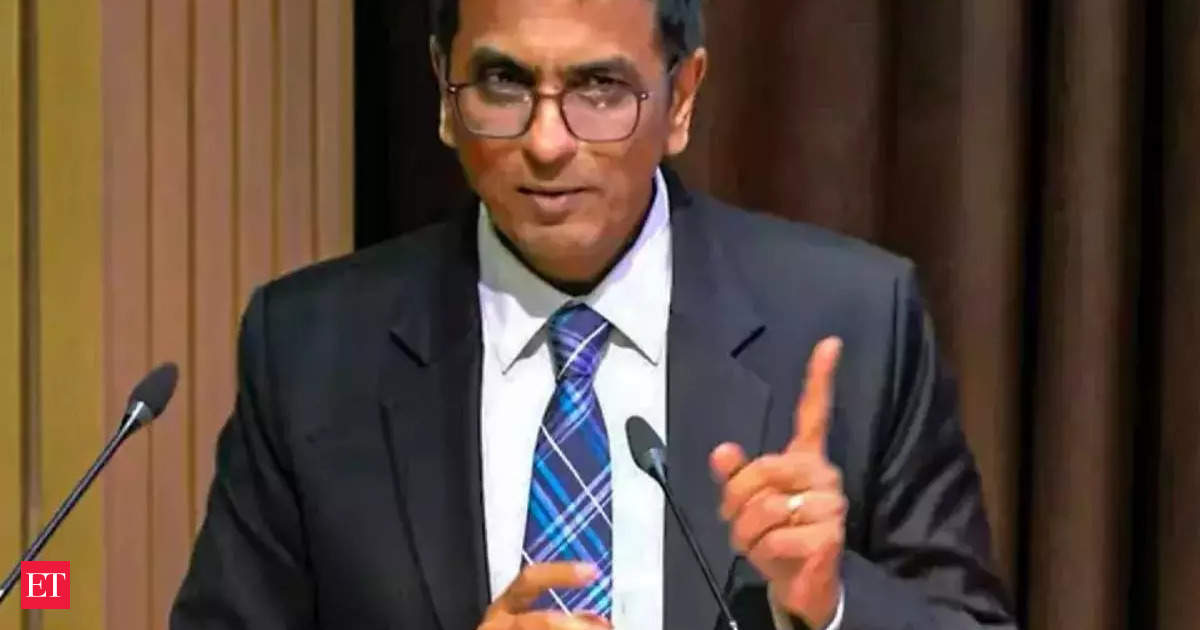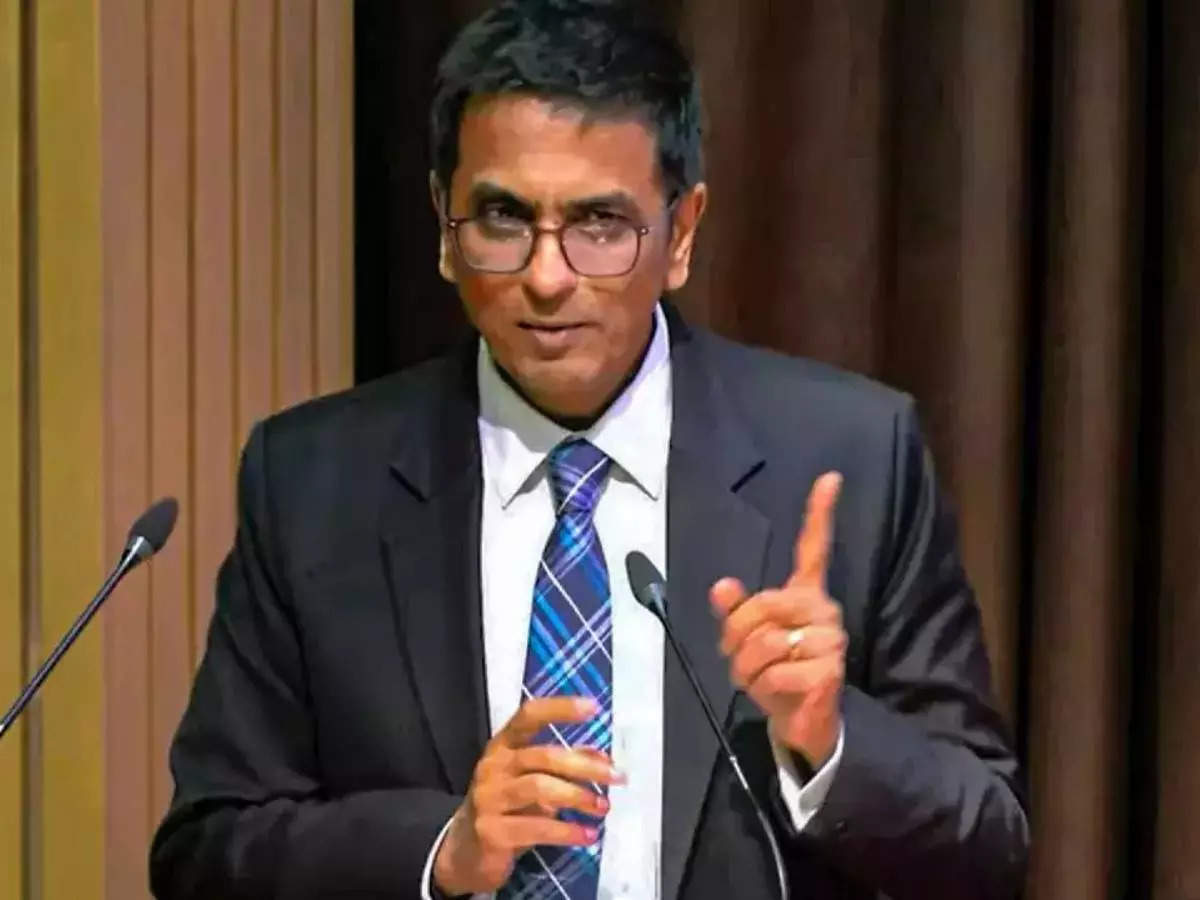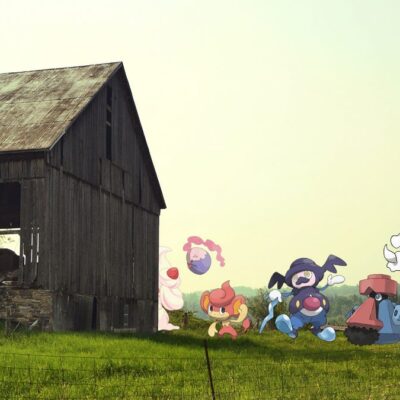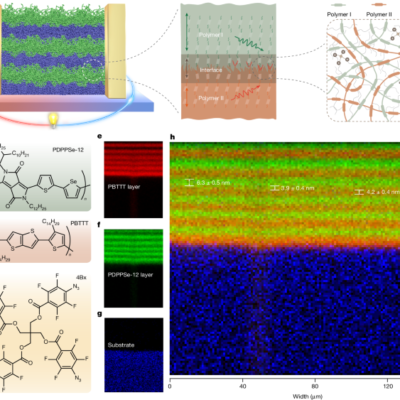The CJI was speaking at the centenary year celebration of the High Court Bar Association of Nagpur.
The judiciary has time and again risen to the occasion to assert its independence and non-partisanship, Justice Chandrachud said.
“We must not forget, however, that there is a close link between the independence of the judiciary and independence of the bar,” he said.
The bar as an institution is essential to preserve judicial independence, constitutional values and dignity of the court, the CJI added. In a vibrant and argumentative democracy like India, most individuals have political ideologies or inclination, Chandrachud noted.
“To quote Aristotle, human beings are political animals. Lawyers are no exception. However, for members of the bar, one’s highest interest must not lie with partisan interests but with the court and the Constitution,” he said. The CJI said judgments of the Supreme Court‘s constitutional benches are the culmination of rigorous proceedings, thorough legal analysis and commitment to constitutional principles. “But once a judgment is pronounced, it is public property. As an institution, our shoulders are broad. We stand ready to receive both praise and criticism…bouquets and brickbats, be it through journalistic pieces, political commentary or on social media,” he said.
But as members and office-bearers of bar associations, lawyers must distinguish themselves from the lay person while reacting to judgments of the court, he added.
“Of late, I have been very disturbed by the tendency of members of bar associations to comment on cases which are pending and on judgments.
You are first and foremost officers of the court, and the truth and dignity of our legal discourse is in your hands,” the CJI said.
India’s Constitution is an inclusive constitution intended to bring together every person including “the butcher, the baker and the candlestick maker” (people from diverse backgrounds), he said.





